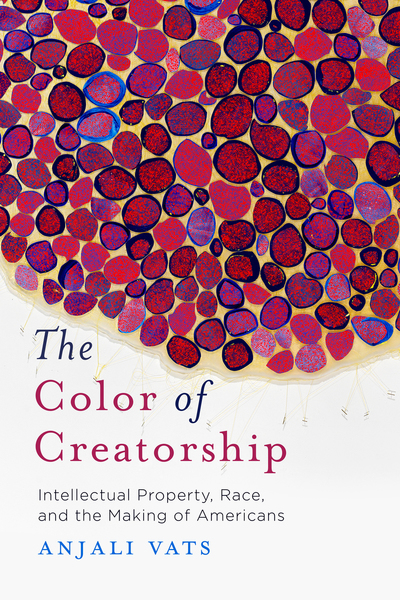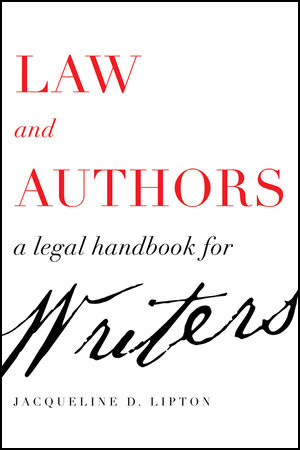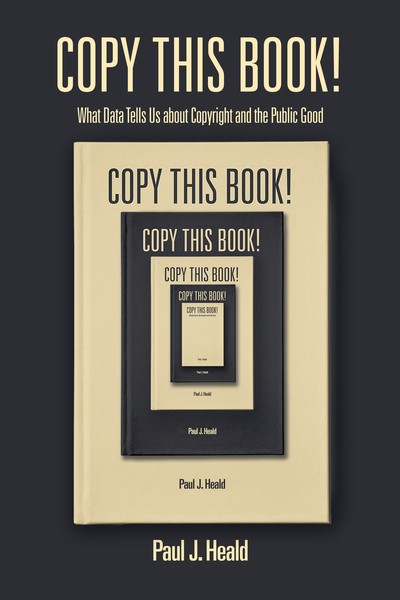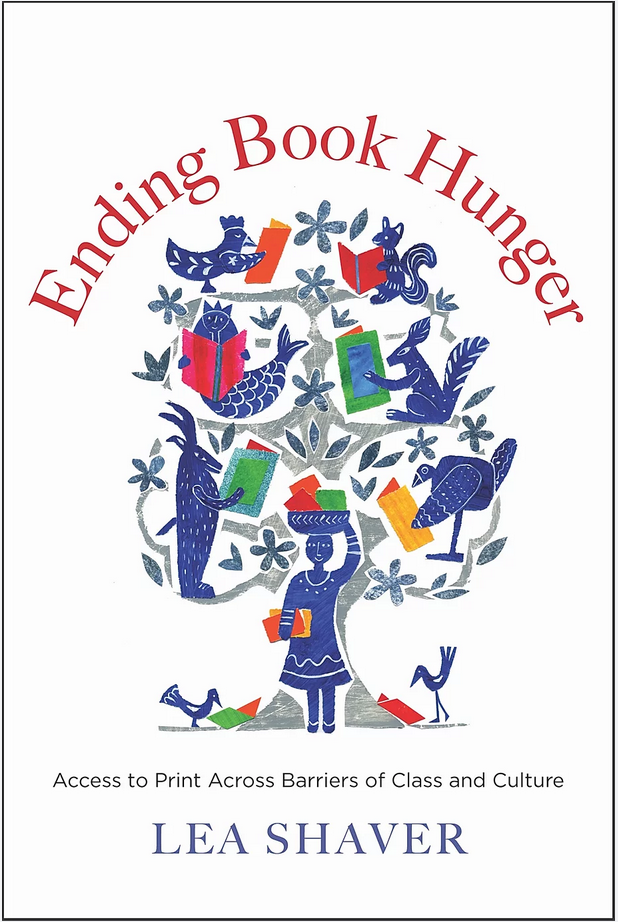At Authors Alliance, we enjoy keeping up with all the latest news on authorship and copyright, and we know that our members do, too. In that spirit, we’re sharing a list of the latest books we’ve added to our bookshelves.
The Color of Creatorship, Anjali Vats

The Color of Creatorship examines how copyright, trademark, and patent discourses work together to form American ideals around race, citizenship, and property. Working through key moments in intellectual property history since 1790, Anjali Vats reveals that even as they have seemingly evolved, American understandings of who is a creator and who is an infringer have remained remarkably racially conservative and consistent over time. Offering readers a theory of critical race intellectual property, Vats historicizes the figure of the citizen-creator, the white male maker who was incorporated into the national ideology as a key contributor to the nation’s moral and economic development. She also traces the emergence of racial panics around infringement, arguing that the post-racial creator exists in opposition to the figure of the hyper-racial infringer, a national enemy who is the opposite of the hardworking, innovative American creator.
The Color of Creatorship is available to purchase in print at Stanford University Press.
Law & Authors: A Legal Handbook for Writers, Jacqueline Lipton

This accessible, reader-friendly handbook will be an invaluable resource for authors, agents, and editors in navigating the legal landscape of the contemporary publishing industry. Jacqueline D. Lipton provides a useful legal guide for writers whatever their levels of expertise or categories of work (fiction, nonfiction, or academic). Through case studies and hypothetical examples, Law and Authors addresses issues of copyright law, including explanations of fair use and the public domain; trademark and branding concerns for those embarking on a publishing career; laws that impact the ways that authors might use social media and marketing promotions; and privacy and defamation questions that writers may face.
Lipton has contributed guest posts for Authors Alliance on morality clauses, implied licenses, and author domain names. Law & Authors: A Legal Handbook for Writers is available to purchase in print from the University of California Press (use discount code 17M6662 for 30% off).
Copy This Book! What Data Tells Us About Copyright and the Public Good, Paul J. Heald

In Copy This Book!, Paul J. Heald draws on a vast knowledge of copyright scholarship and a deep sense of irony to explain what’s gone wrong with copyright in the 21st century. Heald gathers extensive empirical data and clearly distills the implications of copyright laws and doctrine for public welfare. Along the way, he illustrates his findings with lighthearted references to familiar (and obscure) works and their creators (and sometimes their creators’ oddball relations). Among the questions he tackles:
- Why are more books in print from the 1880s than the 1980s?
- How does copyright deter composers from writing new songs?
- Why are so many famous photographs unprotected orphans, and how does Getty Images get away with licensing them?
- What can the use of music in movies tell us about the proper length of the copyright term?
- How does copyright deter the production of audio books?
- How do publishers get away with claiming rights in public domain works and extracting unmerited royalties from the public?
Copy This Book! is available to pre-order from Stanford University Press.
Ending Book Hunger, Lea Shaver

One billion children do not have access to books in their native languages. Forty percent of America’s children cannot afford to buy books. As of 2012, most babies born in America were racially or ethnically diverse, but only 8% of characters in new children’s books reflect this diversity. In Ending Book Hunger, Shaver explains how permissions, fair use, and open licenses can help address these problems and reshape children’s publishing by creating more diverse books, lowering costs, overcoming language barriers, and promoting mobile reading through digital libraries.
Ending Book Hunger is available to download for free under a Creative Commons license here, or you can purchase a print copy on the Yale University Press website.
* * *
Have recommendations for our next reading list? Send us an email today with your suggestion!
Discover more from Authors Alliance
Subscribe to get the latest posts sent to your email.
